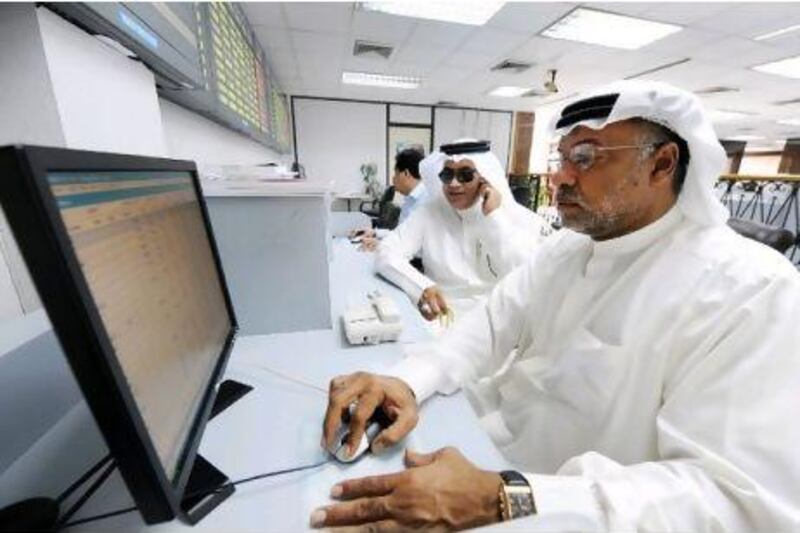Bahrain's plans to devolve the management of its stock exchange to the private sector will help to revive trading volumes on the market, say analysts.
"The change will be liberalising for Bahrain, which has been run very conservatively for some time," said Dr Jasim Husain Ali, a member of the Bahraini parliament.
He said the Central Bank of Bahrain (CBB) was expected to transfer management of the exchange to a board composed of representatives from the local financial sector.
That is expected to happen within two to three weeks, said a spokesman for the Bahrain Stock Exchange (BSE). The CBB will continue to regulate the bourse.
"It will introduce new products, and more initial public offerings [IPOs] are expected to start coming on to the bourse," said Dr Ali. The move was "long overdue", he said.
"Too much power was invested with the CBB with regards to the bourse, and it's a step in the right direction. The move will strengthen the bourse."
Industry experts welcomed the move by the CBB, which up until now has managed and regulated the BSE, as a way to boost liquidity.
"The running and regulating of the stock exchange should be separate. You cannot do these two things at the same time," said a Bahraini banker, who did not want to be named.
"We hope that the transfer will increase the BSE's competitiveness to attract more investments, both local and international, and enhance its operations and increase its turnover," said the BSE spokesman.
Narjes al Qaseer, a partner at Najd Consultancy, a Bahrain investment management company, said it was a "very good opportunity" for the private sector to launch IPOs. Last month Aluminium Bahrain (Alba) priced its IPO on the BSE at the bottom of the proposed price range after it drew just enough buyers to cover the offering.
Regional investors cited the illiquid market as one reason for the lukewarm response. Of the 50 companies listed on the exchange, shares in only 11 companies were traded yesterday.
In the second half of this year alone traded shares fell to around the 1,400-point mark, from a high of 1,605.98 points earlier in the year.
The volume of shares changing hands at this peak hovered around 1.5 million. It closed down 0.2 per cent at 1,423.69 points yesterday.
Ms al Qaseer said she expected about 30 companies to follow Alba's lead following the transfer of management. She said the banking sector could be a potential source of IPOs on the bourse.
"Our stock market people are really conservative here, and although we have lots of banks a lot are not listed. New banks like Venture Capital Bank and Unicorn will one day think of listing," she said.
The market is dominated by shareholders who have owned shares in some of Bahrain's biggest companies since their inception, she said, leaving little room for free floats, the segment of a company that is publicly owned and can be traded on an exchange.
Mumtalakat, the state-owned investment fund, is one of these shareholders and has US$9.5 billion (Dh34.89bn) in assets under management, with shares in some of the biggest companies, including Alba, Gulf Air and Bank of Bahrain.






